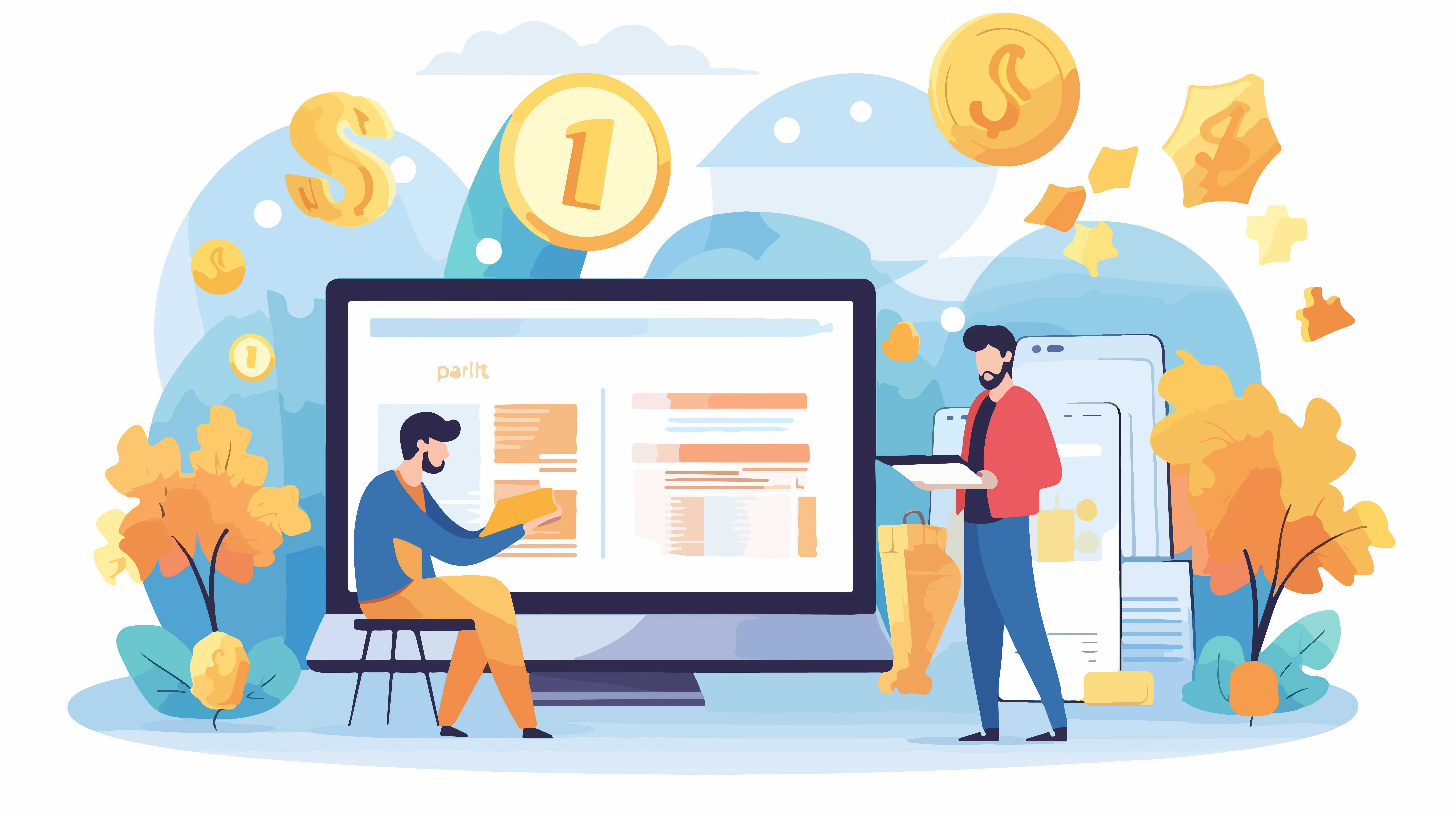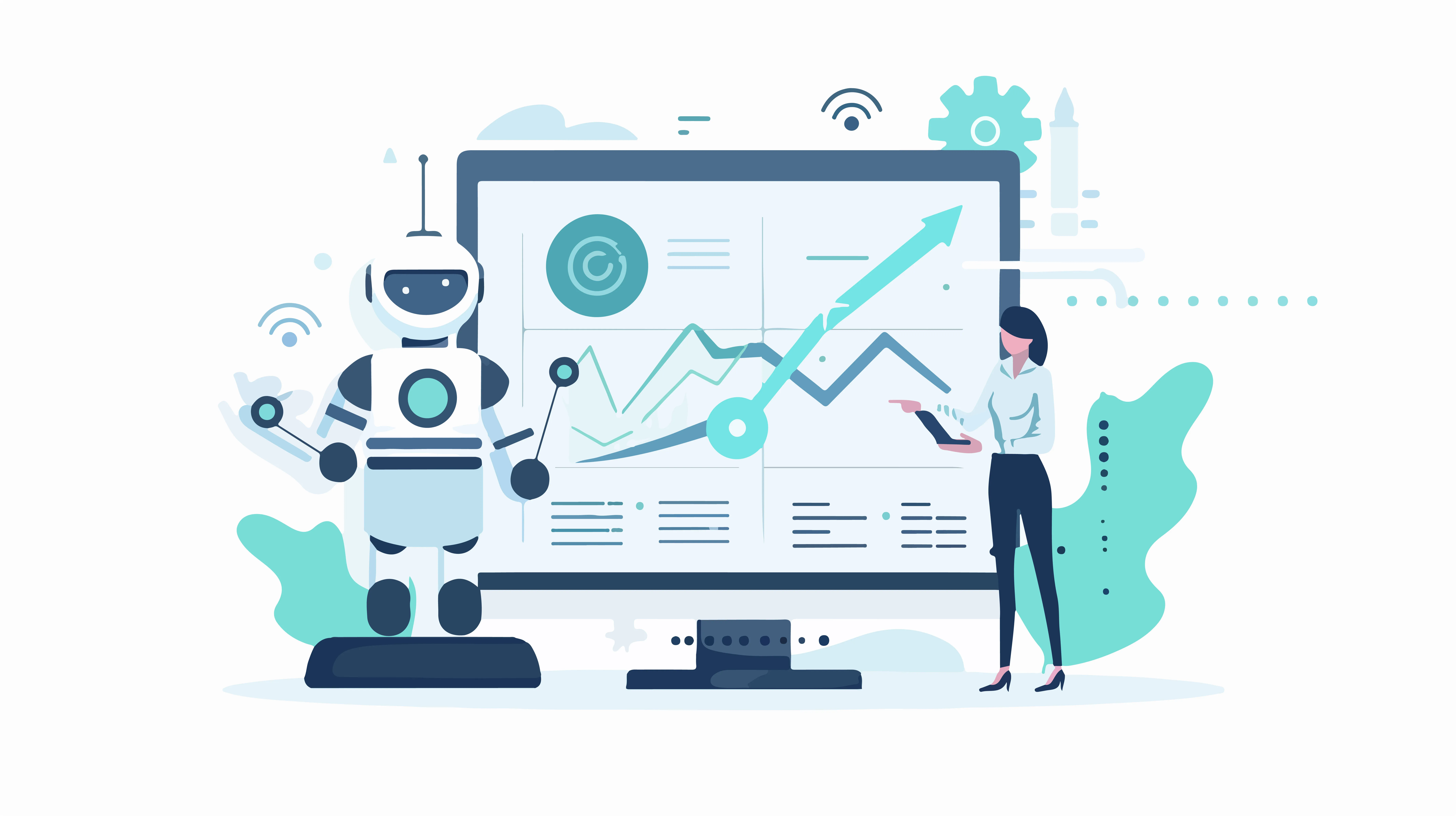The hospitality industry is undergoing a major transformation driven by groundbreaking technological advancements. As tech-enabled solutions continue to evolve, hotels and other businesses in the sector are presented with exciting new opportunities to unlock revenue streams. From artificial intelligence to smart systems, the integration of technology is enhancing efficiency, personalization, and overall guest experiences.
To remain competitive in this rapidly changing landscape, it is crucial for hospitality professionals to adapt to these innovations, enabling them to optimize operations, drive profitability, and stay ahead of customer expectations. Embracing these changes marks the beginning of a new, tech-driven revenue era in hospitality, paving the way for sustained growth and success. Connect with industry experts, explore the latest tech innovations, and unlock new strategies to elevate your revenue. Don't miss World BI Breakfast MeetUp RevTech in Hospitality!
The Role of Technology in Revolutionizing Hospitality Revenue
In today's fast-paced and highly competitive hospitality industry, technology has become the driving force behind transforming traditional revenue models. By embracing cutting-edge solutions, hoteliers can now maximize their revenue potential while providing superior guest experiences.
1. Reshaping Traditional Revenue Models
- Traditionally, the hospitality industry relied on basic revenue models based on room rates, occupancy, and manual processes.
- However, with the advent of technology, these models have evolved into more dynamic systems that optimize pricing, resource allocation, and overall service offerings.

2. Data Analytics and Revenue Optimization
- Data analytics has become an invaluable asset in the hospitality sector, enabling businesses to unlock actionable insights from large datasets.
- By analyzing customer preferences, booking patterns, and market trends, hotels can predict demand more accurately, set optimal pricing, and even forecast peak seasons.
- This data-driven approach leads to more effective decision-making, allowing hoteliers to not only increase revenue but also minimize waste and overbooking.
- Additionally, by tracking guest behavior and preferences, hotels can implement personalized strategies, such as upselling services or customizing offers based on past interactions, thereby increasing ancillary revenue.
3. Automation and Streamlined Operations
- Automation is another key aspect in optimizing revenue in the hospitality industry.
- Automated systems for managing bookings, customer service, and even housekeeping ensure that operations run smoothly and efficiently, reducing operational costs and human errors.
- For instance, automated check-in/check-out kiosks and chatbots improve guest satisfaction while freeing up staff to focus on more complex tasks.
- By automating repetitive tasks, hotels can also scale operations more effectively, manage higher volumes of guests, and improve their bottom line without compromising service quality.
4. Enhancing Decision-Making and Operational Efficiency
- Technology enables better decision-making across all departments of a hotel.
- Revenue management systems, integrated with front-office, marketing, and finance software, provide real-time data to stakeholders, allowing them to make informed decisions quickly.
- This integration ensures that resources are allocated where they are needed most, whether it’s staffing adjustments, marketing spend, or inventory management.
- Moreover, AI-driven systems can suggest adjustments to operational strategies, such as shifting promotional efforts to attract specific guest segments or adjusting room rates based on changing market conditions.
5. Enriching Guest Experience
- Technology plays a pivotal role in enhancing the overall guest experience, which in turn can drive increased revenue.
- Guests now expect personalized experiences and seamless interactions throughout their stay, and technology helps meet these expectations.
- Whether through mobile apps that allow guests to check in remotely, in-room tablets for managing lighting and temperature, or personalized offers based on past stays, technology creates a more enjoyable and memorable experience that encourages loyalty and repeat business.
- Hotels are also leveraging data to anticipate guest needs and preferences, further improving satisfaction and encouraging positive reviews, which directly contribute to higher occupancy and revenue.
The Shift Towards Tech-Driven Revenue Models
- The hospitality industry has traditionally relied on key revenue streams such as room rates, food and beverage sales, and ancillary services to drive profits.
- However, with the rise of digital transformation, a significant shift is occurring towards tech-driven revenue models.
- Technology is reshaping how hotels operate, offering innovative ways to optimize pricing, enhance guest experiences, and streamline operations.
- Advanced data analytics, AI-driven revenue management systems, and smart pricing algorithms enable hotels to maximize profitability by dynamically adjusting rates based on demand, competitor pricing, and market conditions.
- Moreover, technology is enhancing operational efficiency by automating tasks, improving resource allocation, and reducing costs.
- As a result, the integration of digital solutions is not only transforming revenue generation but also elevating the overall performance of hospitality businesses in an increasingly competitive market.
Key Technologies Driving Revenue Growth in Hospitality
The hospitality sector is undergoing a significant transformation as advanced technologies reshape how revenue is managed and generated.
AI & Machine Learning
Artificial intelligence and machine learning are revolutionizing guest interactions by enabling highly personalized experiences.
By analyzing guest preferences and behaviors, these technologies help deliver tailored recommendations, boosting customer satisfaction and encouraging repeat visits.
Additionally, AI-driven predictive and dynamic pricing systems adjust room rates in real time based on factors such as market trends and demand, ensuring optimal revenue generation.

Automation
Automation is streamlining operations by handling repetitive tasks like check-ins, check-outs, and service requests.
This not only reduces operational costs but also enhances the guest experience by making services more efficient and convenient.
With staff freed from routine duties, they can focus on providing higher-value, personalized interactions that drive guest loyalty and revenue growth.
Big Data & Analytics
The use of big data is transforming how hospitality businesses understand and cater to their guests.
By analyzing customer data, hotels can design targeted marketing campaigns and tailor their services to specific needs.
This data-driven approach increases opportunities for upselling and cross-selling, resulting in improved profitability.
Cloud Solutions
Cloud-based systems are enhancing data accessibility and operational integration within the hospitality industry.
These solutions allow seamless access to critical information across departments, improving decision-making and efficiency.
Furthermore, the scalability offered by cloud technology supports business growth without the need for substantial infrastructure investments, making it a valuable tool for expansion.
Challenges and Future Outlook
- Adopting new technology in the hospitality industry comes with its own set of challenges, ranging from financial investment to employee training and resistance to change.
- Smaller businesses often struggle with the cost of advanced tools, while larger operations face the complexity of integrating new systems with legacy platforms.
- Additionally, ensuring robust data security and privacy has become critical as hotels handle vast amounts of sensitive guest information.
- Cybersecurity threats and compliance with evolving regulations demand constant vigilance and updated practices.
- Despite these challenges, the future of tech-driven revenue strategies holds immense promise. Innovations like AI-powered personalization, blockchain for secure transactions, and predictive analytics for demand forecasting are on the horizon.
- Emerging technologies such as the Internet of Things (IoT) and virtual reality are expected to redefine guest experiences and open new revenue streams.
- By embracing these advancements and addressing current hurdles, the hospitality industry can pave the way for a more profitable and resilient future.
Hotel Technology Conferences
The future of hospitality revenue lies in embracing innovative technologies like AI, automation, big data, and cloud solutions. These advancements are reshaping operations, enhancing guest experiences, and unlocking new revenue streams. To stay ahead in this competitive industry, it’s crucial to integrate these tools into your business strategy.
Join us at World BI Breakfast MeetUp RevTech in Hospitality, where industry leaders and experts will explore cutting-edge tech solutions and discuss strategies to revolutionize hospitality revenue models. Don’t miss this opportunity to network, learn, and drive your business towards long-term success. Let’s transform the future of hospitality together!